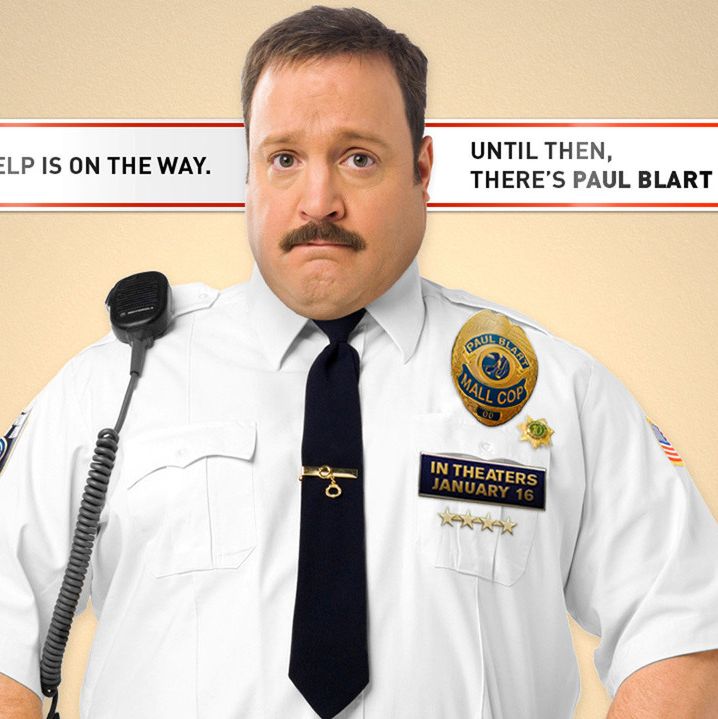I spent the five happiest years of my life in a morgue. As a forensic scientist in the Cleveland coroner’s office I analyzed gunshot residue on hands and clothing, hairs, fibers, paint, glass, DNA, blood and many other forms of trace evidence, as well as crime scenes. Now I'm a certified latent print examiner and CSI for a police department in Florida. I also write a series of forensic suspense novels, turning the day job into fiction. My books have been translated into six languages.
The rape kit will only show biological evidence of another person besides the victim. Bruising, injuries and testimony will be used to determine whether it was consensual or not.
Usually we can assume what kind of cells will be on it depending on where it was collected from—if from a pop can, it will probably have saliva and skin cells. From underwear might have semen. If from a dark stain, probably blood. How long it takes depends on the type of analyses done and the type of DNA testing—STR, ySTR, mitochondrial, etc. It will take at least a day or two, and after that it depends on the lab’s backlog. We send our DNA to a state lab and it will take between a month and four months to get the results back. If detectives or prosecutors want it faster and someone’s budget is willing to pay for it, we can send it to a private, accredited lab and pay for a faster analysis. They can do it in as quickly as three days or up to a week or two depending on what you want to pay for. If you want it in a week it will cost a few thousand dollars—something like $600 a sample plus upcharges for expedited service and an overall charge, if I’m remembering correctly. If you want more like three days it will be more like $5000. That’s for the basic three samples—victim, suspect and questioned sample.
Every agency will have their own requirements depending on the position and their preferences. For crime scene or to work in an evidence dept, a criminal justice major may be fine. If you can find a forensic science program that may be great. There is no one answer because it depends what positions they have at each agency.
Sure you can email me at lisa-black@live.com
Hospice Nurse
 How did you feel with the passing of your first patient?
How did you feel with the passing of your first patient?
Security / Bodyguard
 Are you expected to take a bullet that's meant for someone you're guarding?
Are you expected to take a bullet that's meant for someone you're guarding?
Bar Mitzvah DJ
 Why are DJ's so unwilling to accommodate song requests?
Why are DJ's so unwilling to accommodate song requests?
Sure, you can email me at Lisa-black@live.com.
That’s a good question, because there is no hard and fast rule—your title is whatever your boss says it is. A CSI may work only at crime scenes or may also do any office or lab analysis as well, it depends on how big the unit is and how work is distributed.
It may depend on how fresh the stain is and how fresh your reagents are. Plus just becuase something fluoresces does not mean it’s semen (see answer above).
-OR-
 Login with Facebook
Login with Facebook (max 20 characters - letters, numbers, and underscores only. Note that your username is private, and you have the option to choose an alias when asking questions or hosting a Q&A.)
(A valid e-mail address is required. Your e-mail will not be shared with anyone.)
(min 5 characters)
By checking this box, you acknowledge that you have read and agree to Jobstr.com’s Terms and Privacy Policy.
-OR-
 Register with Facebook
Register with Facebook(Don't worry: you'll be able to choose an alias when asking questions or hosting a Q&A.)